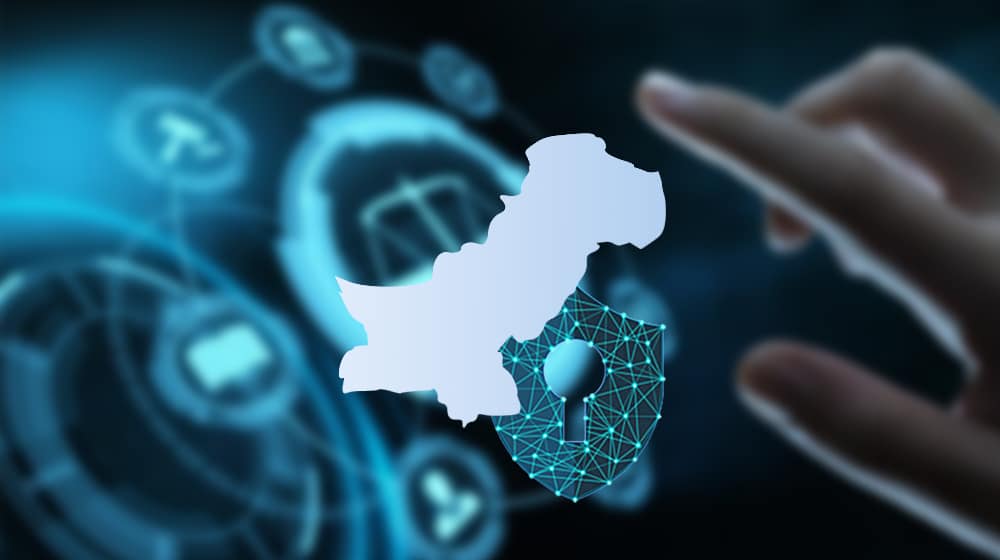The Ministry of Information Technology and Telecommunication (MoITT) has admitted that the Telecom industry is key to digitalization in Pakistan, however, due to recent economic and monetary changes the industry is facing major challenges for its sustainability.
Official documents of the Ministry noted that some of the challenges require deliberations among multiple industry stakeholders. The resolution of these challenges will facilitate the telecom sector growth in Pakistan.
These challenges and solutions are given below:
Revision of Tenor and Fix Exchange Rate of License Payments
Challenges to Overcome:
- Staggering of License Installments over 10 annual installments rather than 5 without interest.
- The exchange rate has a lot of fluctuation and a PKR value needs to be set.
Justification:
- License cost is the biggest cost for Cellular Mobile Operators (CMOs). Spreading it over 10 years instead of 5 will provide significant fiscal space to the operators. Further investments into networks will become feasible. Successful precedent exists in Pakistan where a moratorium of 5 years on payments and a staggering of the remaining amount over 10 remaining years was provided by ECC in 2005.
- Interest rate and FX rate to be fixed at the date of the license agreement to mitigate against currency risk and remove uncertainty from future business plans.
Impact if Challenges are Addressed:
- Improve cash flow for the CMOs. No loss to the GoP, only the tenor will be extended.
- Provide predictability to the CMOs.
- Low ARPU Impacting Commercial Viability.
Challenges to Overcome:
- Inflation just like other sectors has impacted the telecom sector adversely. Allowance of Inflationary adjustment on Mobile Recharge by CMOs, Consultation needs to be initiated by the regulator for inflationary adjustment.
- Baseline prices need to be adjusted for data to match the price of production.
Justification:
- Telecom Sector is badly hit by currency devaluation, interest rates hike, inflation and CAPEX/OPEX increases.
- Allow the sector to apply deduction of inflation charge on Mobile recharge and bills to mitigate the fluid inflationary situation
- Price floors and ceilings should be provided within legal provisions
Impact if Challenges are addressed:
- Improve the revenue for the industry, which will help the industry grow and create indirect benefits for reduction in Telecom Taxation.
Challenges to Overcome:
- The Telecom sector in Pakistan is one of the highly taxed sectors. WHT currently increased to 15 percent, which was planned to be 8 percent as provided in the Finance Bill, 2021.
- Regulatory Duty is 20 percent on the optical fiber cable.
Justification:
- WHT is paid even by those who cannot get it adjusted. An increase in taxes inversely impacts digitalization and network growth.
- Fiberization of towers in Pakistan is ~ 10 percent, too low as compared to other countries in the region.
Impact if Challenges are addressed:
- Improve the revenue for the industry which will help the industry grow and create indirect benefits for GoP.
- Fiberization will improve Fiber to site ratio and help in the expansion and evolution of existing networks.
- Industry Benefits for Telecom sector.
Challenges to Overcome:
The Telecom sector has already been declared an “Industry” in Finance Bill, 2021. Still, the industry has to purchase electricity at a higher commercial rate and no other distinct benefits are provided to the Telecom Industry which is the backbone of digitalization in Pakistan.
Justification:
- Both fixed line operators and CMOs are being charged as per commercial power tariff and no compensation is provided which generates high OPEX for operators.
- National Electric Power Regulatory Authority (NEPRA) needs to work with operators to approve special tariffs for the telecom industry.
Impact if Challenges are addressed:
- A reduction in OPEX for operators will help improve the business environment for CMOs and fixed-line operators.
- Telecom Sector Equipment Import Challenges.
Challenges to Overcome:
SBP requires prior approval before opening LCs to Import Telecom Equipment and 100 percent Upfront Payment is required for these LCs.
Justification:
- Telecom service is not a luxury; it is required even during war times. Telecom equipment is not manufactured locally and it is critical for provisioning essential voice and broadband services in Pakistan.
- All network development and maintenance work is impacted by this prior approval of LCs.
- Ban on the import of essential telecom equipment, not otherwise locally available, is impacting CMO’s network expansion and O&M activities.
Impact if Challenges are addressed
- Revision on these should be taken immediately for the survival of the telecom industry.
- Reinstatement of inter-bank fund transfer (IBTF) fees to support viable DFS business. Relevant Ministry / Regulator SBP.
Challenges to Overcome:
- IBTF Fees were suspended by SBP during the Covid Pandemic to encourage digital transactions.
- Although free transfers were useful to scale up adoption but ultimately result in the unavailability of the transaction product.
- As the Covid situation has eased some level of fee is necessary for service viability.
Justification:
The IBTF fees need to be reinstated appropriately by SBP to sustain the fintech and Digital Financial Services industry.
Impact if Challenges are addressed:
- The positive impact of Rs. 15-20 billion on Telecom Fintech players.
- No loss to the Government of Pakistan.

























